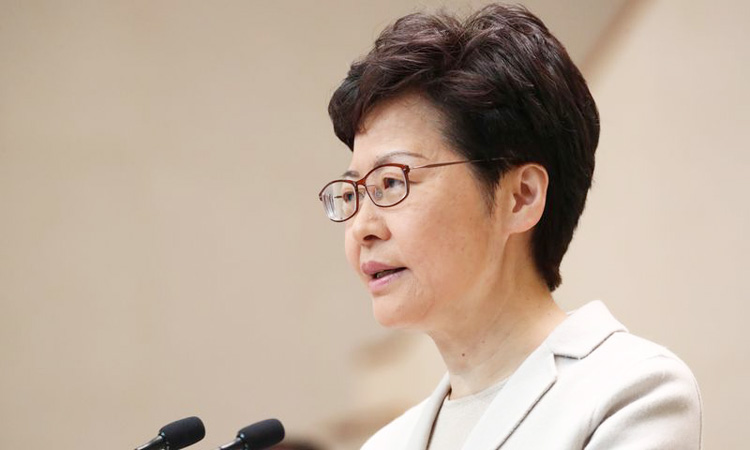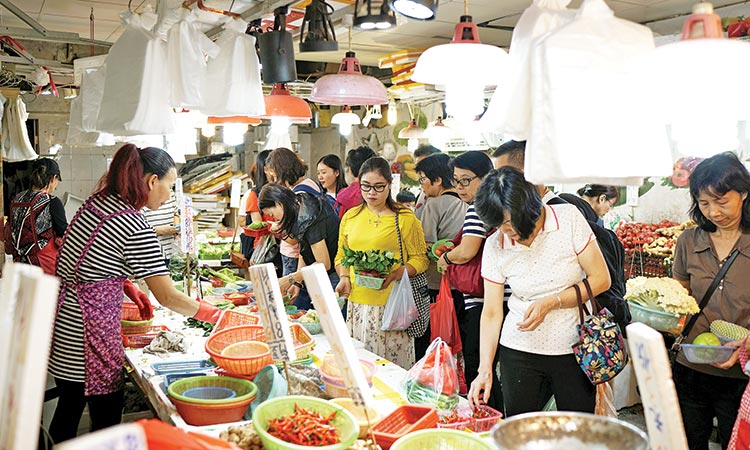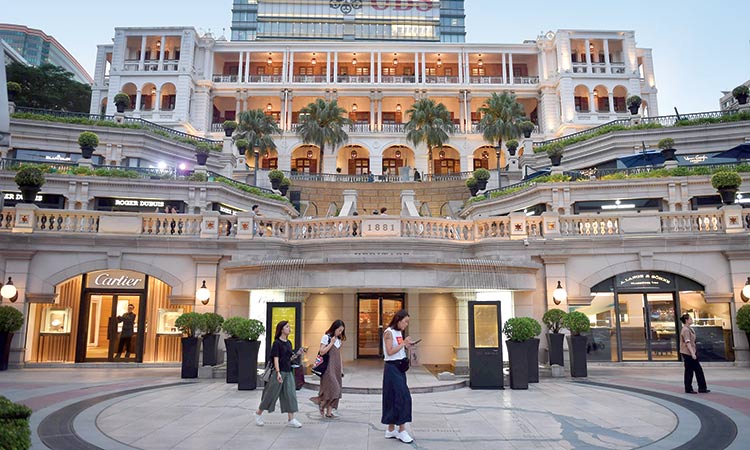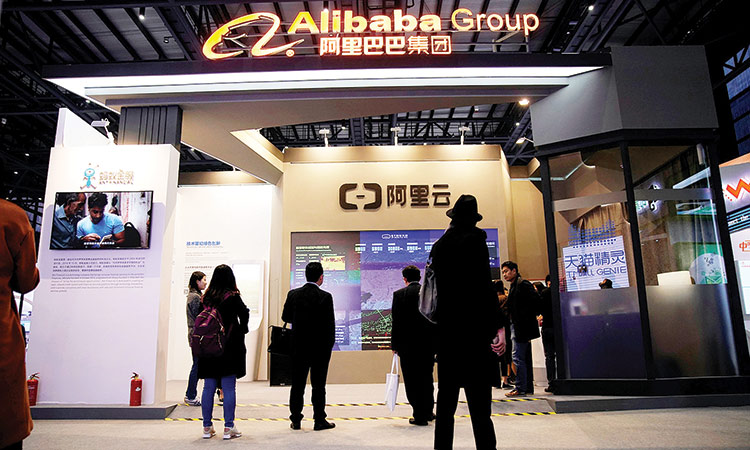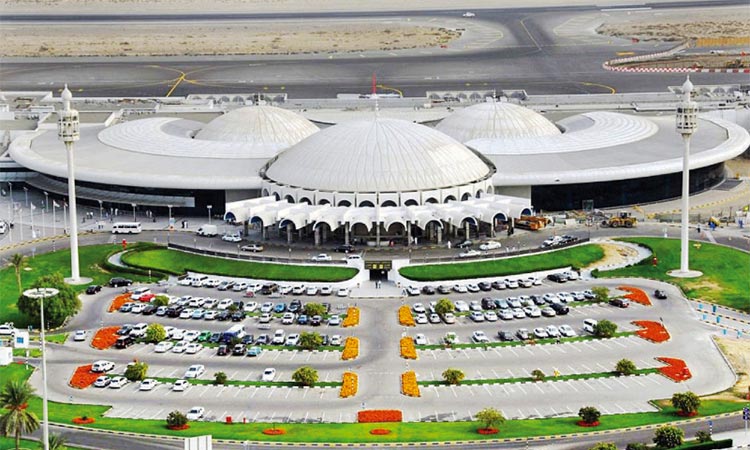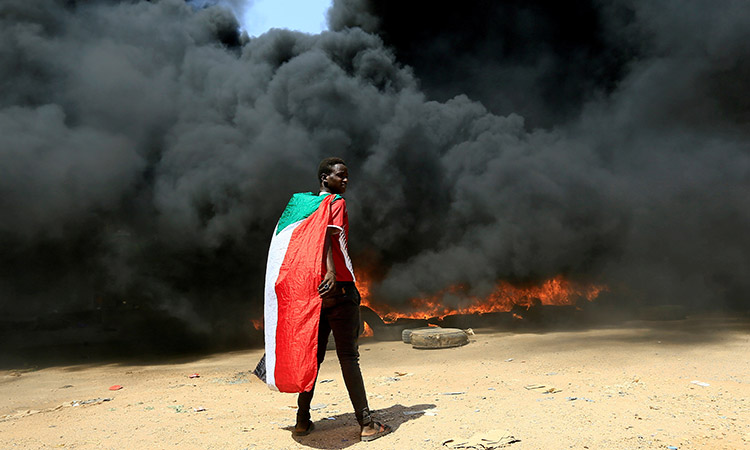Dialogue best option to end Hong Kong unrest
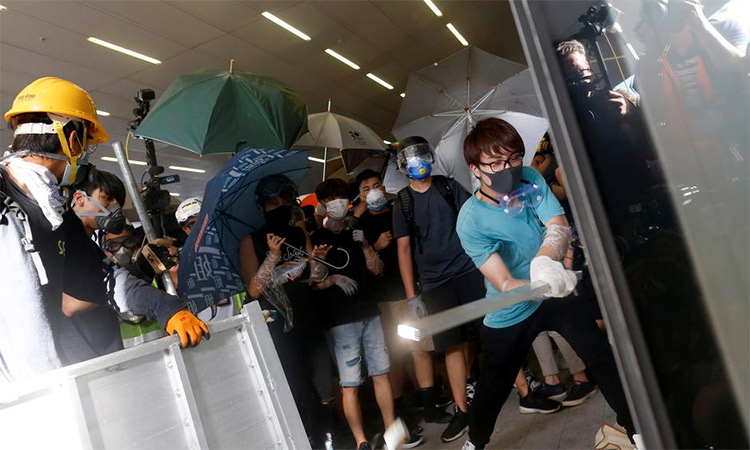
Protesters break into the Legislative Council building in Hong Kong. Reuters
The Hong Kong government has already declared that the storming of parliament amounts to “extreme violence.”
A major cause for worry is that an immediate solution seems unlikely. If both sides harden their stance, the situation may turn too volatile to control and there is a dire need for restraint from both sides.
The European Union has rightly cautioned that in the wake of the latest incidents, it is all the more important to exercise restraint, avoid escalatory responses, and engage in dialogue and consultation to find a way forward.
The actions of a small number of people, who attempted to force their way into the Legislative Council premises, are surely not representative of the vast majority of demonstrators, who have been peaceful throughout successive protests.
The latest unrest ramps up tensions in the financial hub, which has already been rocked by three weeks of historic demonstrations against the detested bill that would allow extraditions to the Chinese mainland.
An attempt by Chief Executive Carrie Lam to pass the Beijing-backed extradition law has been postponed following the public backlash, but she has resisted calls to permanently shelve the law or step down.
The government has, instead, been trying to pacify the protesters by insisting that it has stopped all work on the extradition bill amendments and that the legislation would automatically lapse in July next year. However, the demonstrators do not seem to accept this argument.
Opponents of the extradition bill, which would allow people to be sent to mainland China for trial in courts controlled by the Communist Party, fear it is a threat to Hong Kong’s much-cherished rule of law.
The fact that hundreds were taking part in the protest in sweltering heat is an indication that the demonstrators want to send a strong message to the government that they do not agree with the extradition plans.
Opposition to the extradition bill has united a wide cross-section of Hong Kong, right from influential legal and business bodies to religious leaders.
Most people refuse to accept Carrie Lam’s argument that the extradition law was necessary to prevent criminals hiding in Hong Kong and that human rights would be protected by the city’s courts which would decide on any extradition on a case-by-case basis.
The demonstrations have turned into a wider movement against Lam’s administration and Beijing.
The turmoil also comes at a delicate time for Beijing, which is grappling with a trade dispute with the United States, a faltering economy and tensions in the South China Sea.
The continuing unrest has raised questions over Lam’s ability to govern, two years after she was selected and pledged to “unite and move forward”.
Hong Kong’s international reputation as an Asian financial hub is being disturbed by the ongoing protests.
The fact that more than a million people have taken to the streets at times over the past three weeks is an indication that anger is brewing among residents.
The authorities should lend an ear to the will of the people and the protesters should see to it that no one among them resorts to violence.
An extended period of turbulence is the least that the people of Hong Kong would desire. Sincere dialogue is the best option for both sides.
